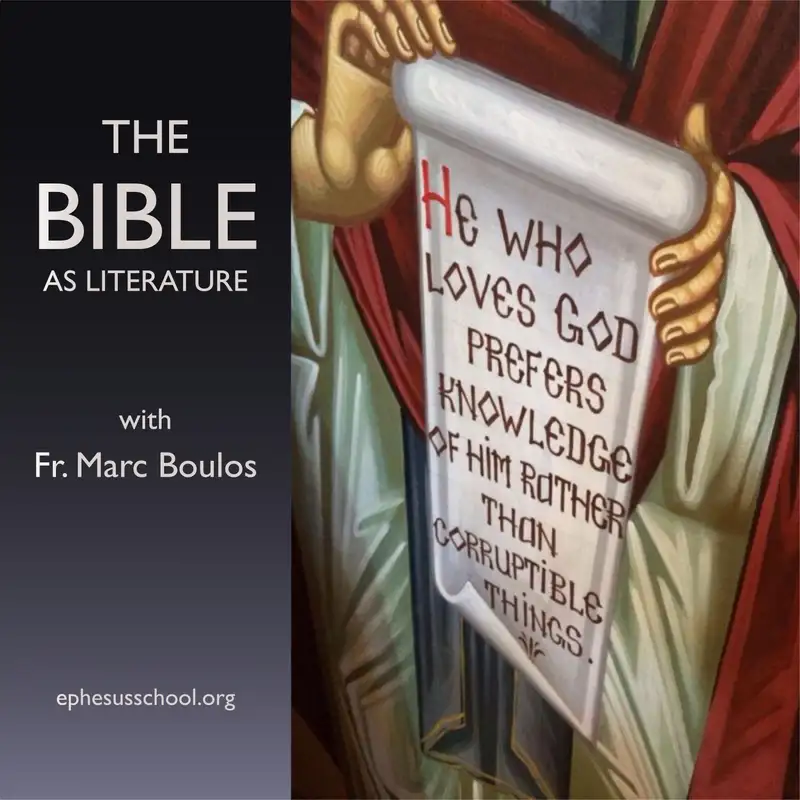
Running Out of Chances
Summary
When Matthew—or any other gospel—applies a text from the Old Testament, that’s exactly what it is: an application of something old to a new situation. The original teaching itself is static, but the way it is used depends on the new situation presented by the author. In the case of Isaiah 5, we know that the Lord is frustrated with worseless fruit, something Matthew addressed earlier in the curse of the fig tree, so why does Matthew bring up the parable of the vineyard? Richard and Fr. Marc discuss Matthew 21:33-39. Episode 352 Matthew 21:33-39; Music: Trio for Piano, Cello, and Clarinet by Kevin MacLeod Link: https://incompetech.filmmusic.io/song/4547-trio-for-piano-cello-and-clarinet License: http://creativecommons.org/licenses/by/4.0/When Matthew—or any other gospel—applies a text from the Old Testament, that’s exactly what it is: an application of something old to a new situation. The original teaching itself is static, but the way it is used depends on the new situation presented by the author. In the case of Isaiah 5, we know that the Lord is frustrated with worseless fruit, something Matthew addressed earlier in the curse of the fig tree, so why does Matthew bring up the parable of the vineyard?
Richard and Fr. Marc discuss Matthew 21:33-39.
Episode 352 Matthew 21:33-39; Music:
Trio for Piano, Cello, and Clarinet by Kevin MacLeod
Link: https://incompetech.filmmusic.io/song/4547-trio-for-piano-cello-and-clarinet
License: http://creativecommons.org/licenses/by/4.0/
★ Support this podcast on Patreon ★
Richard and Fr. Marc discuss Matthew 21:33-39.
Episode 352 Matthew 21:33-39; Music:
Trio for Piano, Cello, and Clarinet by Kevin MacLeod
Link: https://incompetech.filmmusic.io/song/4547-trio-for-piano-cello-and-clarinet
License: http://creativecommons.org/licenses/by/4.0/
